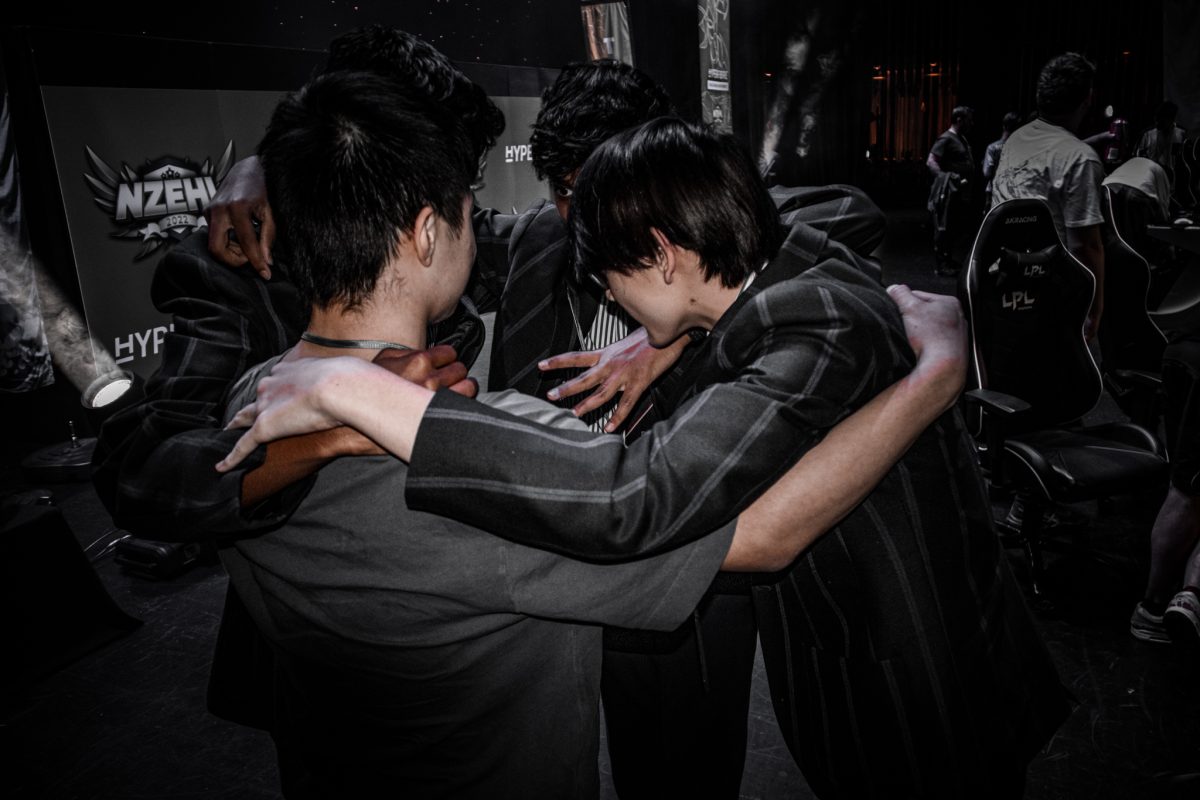
As a parent in New Zealand, you may be concerned about the amount of time your child spends playing video games. You may worry that they’re not getting enough exercise or that their mental and emotional well-being is being compromised. However, it’s important to recognise that esports players are not all couch potatoes – in fact, many of them maintain a healthy balance between gaming and exercise.
Esports, or competitive video gaming, has grown in popularity in recent years, and for good reason. Not only is it a fun and engaging way for young people to connect with others who share their interests, but it can also provide a range of physical, mental, and social benefits.
Firstly, let’s address the common misconception that esports players are all unhealthy. While there are certainly some gamers who lead a sedentary lifestyle, the same can be said for any group of people. In fact, many esports players prioritise their health just like traditional athletes. They work with coaches and nutritionists to maintain their physical and mental well-being, following a healthy diet and exercise regimen and taking steps to manage stress and anxiety.
But it’s not just the pros who focus on their health. Even amateur players can be committed to their physical and mental well-being. Many gamers use fitness trackers and other tools to monitor their physical activity and ensure they’re getting enough exercise. Some even use gaming as a way to motivate themselves to work out – for example, by doing a set of exercises between matches.
So why should parents encourage their children to participate in esports? For starters, esports can provide a sense of community and belonging. In a world where many young people feel disconnected and isolated, esports can be a way for them to connect with others who share their interests and passions. Through esports, they can build friendships, develop teamwork skills, and gain a sense of accomplishment and purpose.
Esports can also provide a range of cognitive benefits. Research has shown that gaming can improve cognitive functions such as attention, perception, and decision-making. Gaming can also be a way for young people to explore their creativity and problem-solving skills, as many games require players to think strategically and use critical thinking.
Of course, as with any activity, it’s important for parents to set boundaries and ensure their children are participating in esports in a healthy and balanced way. Encourage your child to take breaks, get enough exercise and sleep, and to connect with friends and family in person as well as online.
At Victory Up, we believe that esports can be a positive force for good in young people’s lives. By promoting healthy habits and a balanced lifestyle, we hope to help our community of gamers reach their full potential – both on and off the virtual playing field. If you’re looking for workshops specifically for your school to talk about digital health and wellbeing, reach out to us for more information.
Esports is a growing industry with a wide range of opportunities for young people to get involved. From participating in tournaments and competitions to pursuing careers in gaming and technology, esports can provide a wealth of opportunities for young people to explore their interests and passions. So let’s embrace esports as a positive force for good and encourage our children to find a healthy balance between gaming and exercise.
